Can Cats Eat Donuts? A Sweet Treat Best Avoided
- 2 Apr 2025 16:34
When you're enjoying a delicious donut, you might wonder, Can cats eat donuts? 🐱 While it's tempting to share a piece of your treat with your furry friend, donuts are definitely not a good choice for cats. Despite being a sweet indulgence for humans, donuts come with several health risks that make them unsuitable for your cat. Let’s explore why cats should steer clear of this sugary, fried snack.

What’s in a Donut?
Donuts are typically made from ingredients like flour, sugar, eggs, milk, butter, and yeast. They are fried in oil and often topped with frosting, sprinkles, or powdered sugar. While donuts might be tasty for you, their ingredients and preparation methods are not ideal for cats, whose digestive systems are very different from ours.
Can Cats Eat Donuts Safely?
The simple answer is no—cats should not eat donuts. Even though the ingredients in a donut may not be immediately harmful in tiny amounts, they can lead to serious health issues for your cat, particularly if consumed regularly.
Risks of Feeding Donuts to Cats
High Sugar Content: Donuts are packed with sugar, and cats don’t need sugar in their diet. In fact, sugar can be harmful to cats, leading to obesity, diabetes, and other metabolic problems. Cats don’t process sugar the way humans do, and consuming sugary foods can lead to spikes in blood sugar and insulin resistance.
Dairy: Many donuts contain milk or butter, which can be problematic for cats. Most cats are lactose intolerant, meaning they cannot properly digest dairy products. Feeding them donuts that contain dairy can cause stomach upset, including diarrhea, bloating, and gas.
High Fat and Calories: Donuts are deep-fried in oil, which makes them high in fat. Eating fatty foods can contribute to weight gain, obesity, and even more severe conditions like pancreatitis, an inflammation of the pancreas that can be very painful and serious for cats.
Processed Ingredients and Additives: Many donuts contain artificial flavorings, preservatives, and other chemicals that can be harmful to your cat. These additives can cause digestive upset, allergic reactions, or long-term health issues if consumed frequently.
Risk of Overeating: Cats tend to eat whatever is available to them, and donuts are easy to nibble on, especially if they’re left out. Overfeeding your cat sugary or fatty foods can lead to long-term health issues such as obesity and liver problems.
Symptoms of Donut Consumption in Cats
If your cat has snuck a bite or been fed a donut, keep an eye out for the following symptoms of digestive upset or other negative reactions:
Vomiting or Diarrhea: The sugar, fat, and dairy in donuts can upset your cat’s stomach and lead to vomiting or diarrhea.
Lethargy: After consuming a high-sugar or fatty snack, your cat may become sluggish or less active than usual.
Excessive Thirst: If your cat ate a donut with a high amount of sugar or salt, they might drink more water than usual as their body tries to process the excess.
Bloating or Stomach Pain: Donuts can cause gastrointestinal discomfort, leading to bloating, cramping, or gas.
How to Keep Your Cat Safe
To prevent your cat from eating donuts or other harmful human foods, consider these safety tips:
Store Donuts Out of Reach: Keep donuts and other sugary snacks in sealed containers or high cabinets where your cat cannot access them.
Educate Family Members: Make sure that everyone in your household knows not to feed the cat human food, especially sugary or fatty treats like donuts.
Offer Cat-Friendly Treats: If you want to give your cat a special treat, choose snacks that are specifically designed for felines. These treats are made with your cat’s nutritional needs in mind and won’t pose any health risks.
What Should You Feed Your Cat Instead?
If you’re looking to treat your cat, there are plenty of healthier options:
Cooked Meat: Cats love plain, cooked chicken, turkey, or beef. Just make sure the meat is free from seasoning or any harmful additives.
Catnip: Catnip is a fun and safe treat that many cats enjoy. It can provide mental stimulation and encourage play.
Commercial Cat Treats: Many pet stores offer a variety of cat treats that are specifically formulated to meet your cat’s dietary needs.
Fresh Cat Grass: If your cat enjoys nibbling on plants, fresh cat grass is a safe and healthy option. It aids in digestion and helps with hairball control.
The Role of PettureX in Pet Health
If you're ever unsure about what’s safe to feed your cat, PettureX can be a great resource. 🐾 PettureX offers 24-hour online consultation, where you can ask questions about your cat’s diet and receive expert advice. Additionally, PettureX features pet image recognition, so you can get instant feedback on what’s safe and healthy for your cat to consume.
Conclusion
So, can cats eat donuts? The answer is no—donuts are not suitable for cats due to their high sugar, fat, and dairy content. These ingredients can cause digestive issues, obesity, and other health problems in cats. While donuts are a sweet treat for humans, they’re not the right choice for your feline friend.
Instead, opt for healthier, cat-friendly treats that are specially designed for their nutritional needs. And if you ever have any doubts about what’s safe for your cat, PettureX is there to help with 24/7 advice and guidance. 🐱💚
Remember, while donuts might be tempting, your cat deserves treats that are formulated to support their health and well-being!
Related
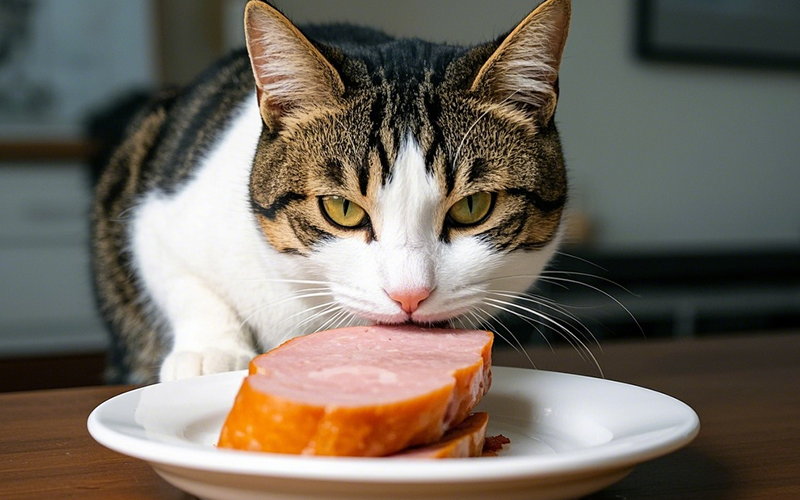
Can Cats Eat Deli Ham? A Meaty Treat That Comes with Caution
- 2 May 2025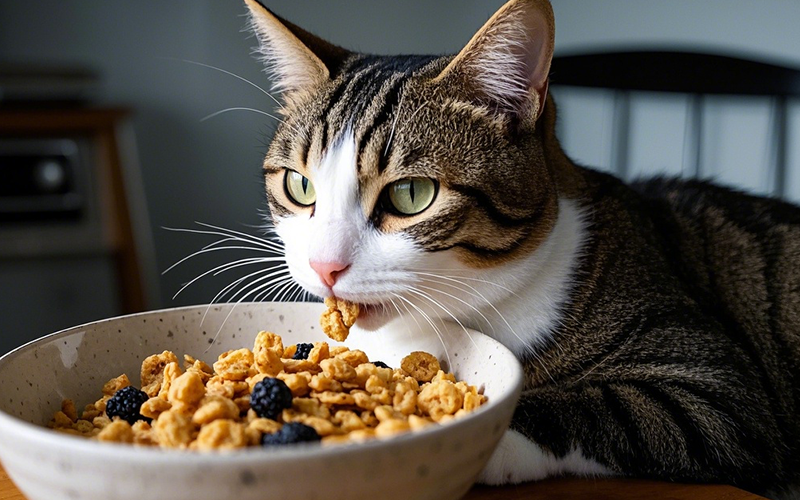
Can Cats Eat Granola? Is This Crunchy Snack Safe for Your Feline Friend?
- 2 Apr 2025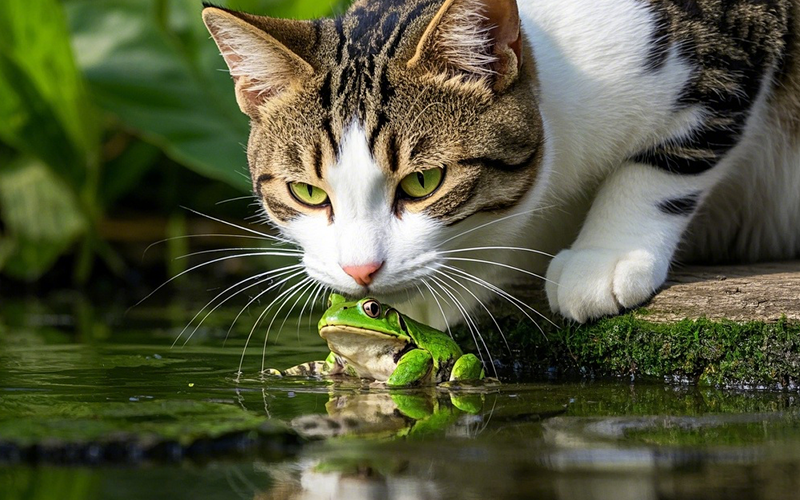
Can Cats Eat Frogs? What You Should Know About Frogs and Your Feline Friend
- 2 Apr 2025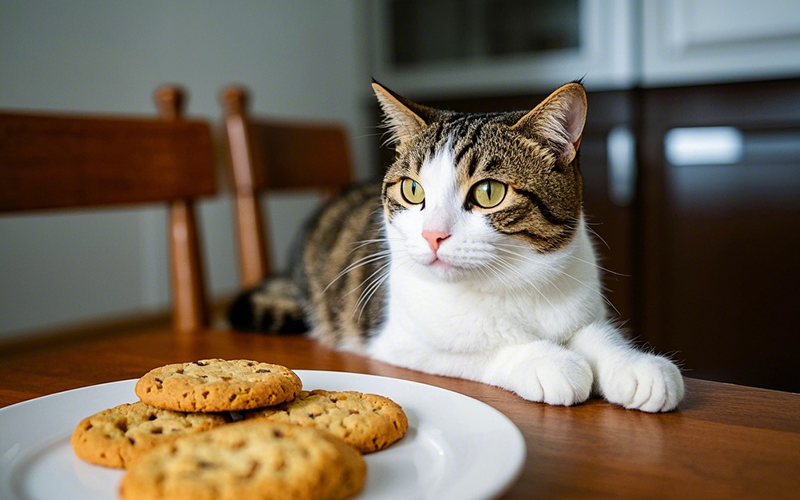
Can Cats Eat Graham Crackers? A Sweet Snack or a Risky Treat for Your Feline Friend?
- 2 Apr 2025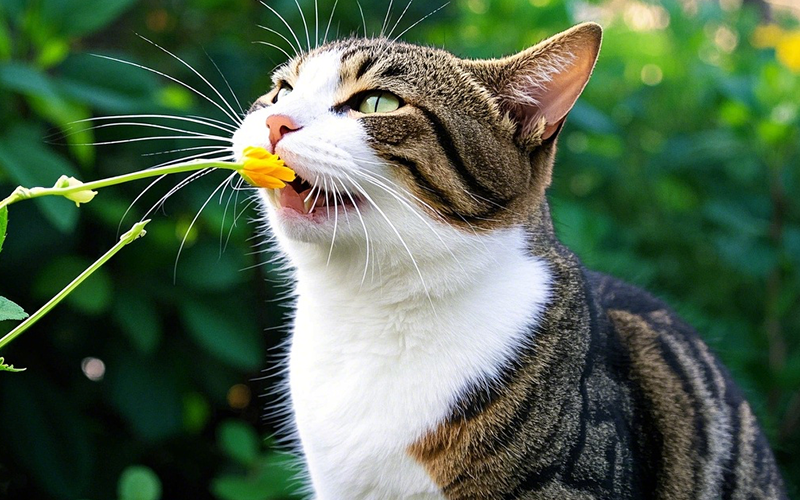
Can Cats Eat Flowers? What You Should Know About Floral Treats for Your Feline Friend
- 2 Apr 2025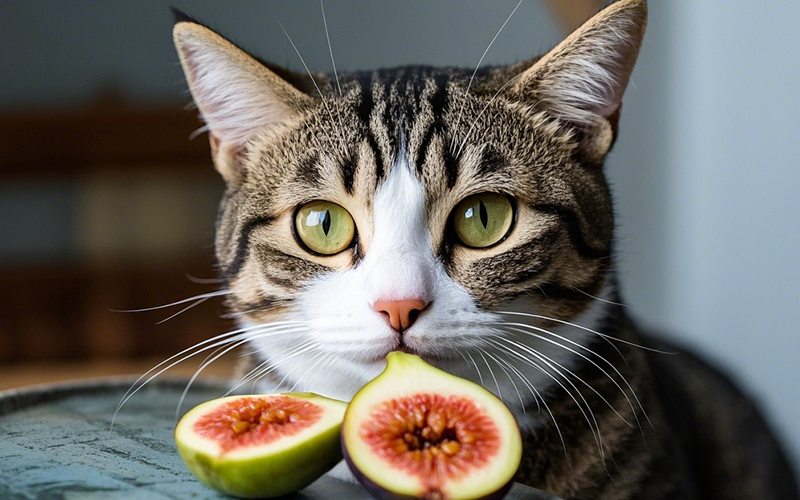
Can Cats Eat Figs? What You Need to Know Before Sharing This Fruit
- 2 Apr 2025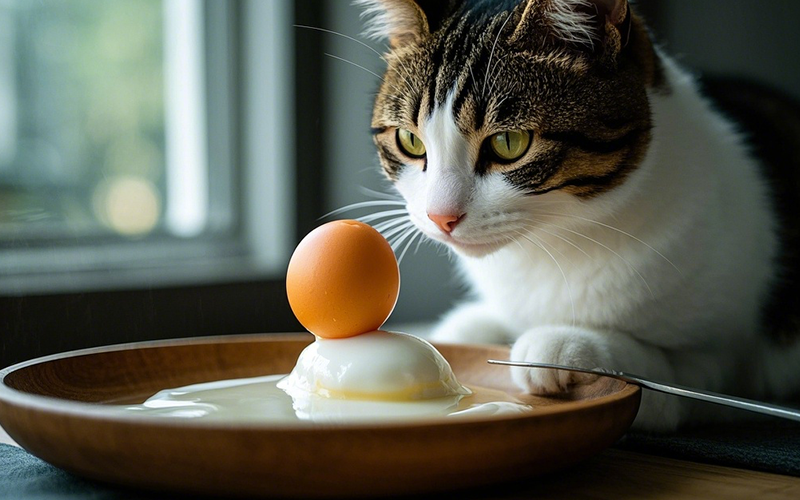
Can Cats Eat Egg Whites? The Facts You Need to Know
- 2 Apr 2025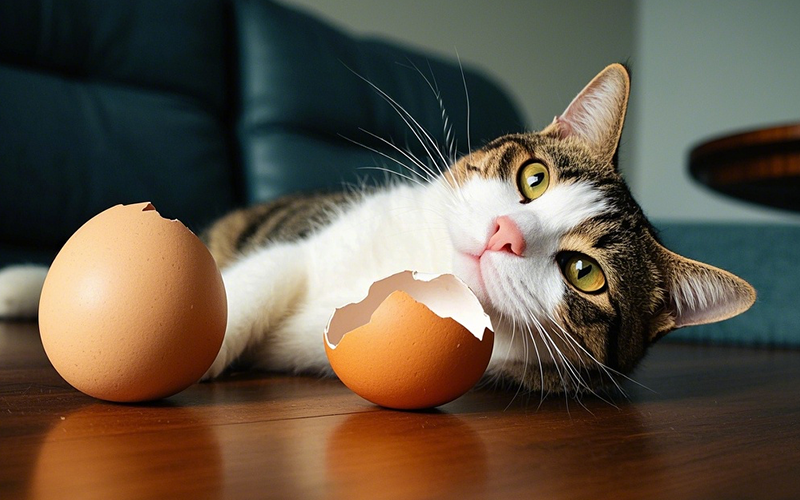
Can Cats Eat Egg Shells? The Benefits and Risks of This Crunchy Treat
- 2 Apr 2025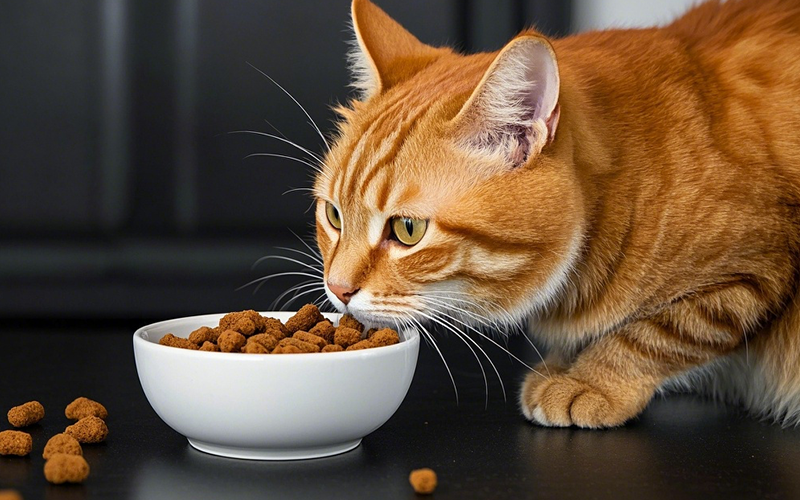
Can Cats Eat Dry Dog Food? Why It’s Not a Good Idea
- 2 Apr 2025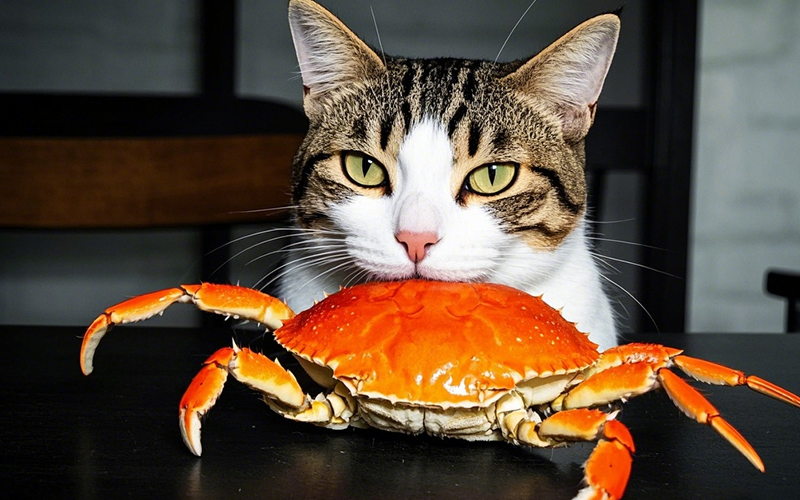
Can Cats Eat Crab Meat? A Tasty Treat with Some Caution
- 1 Apr 2025
